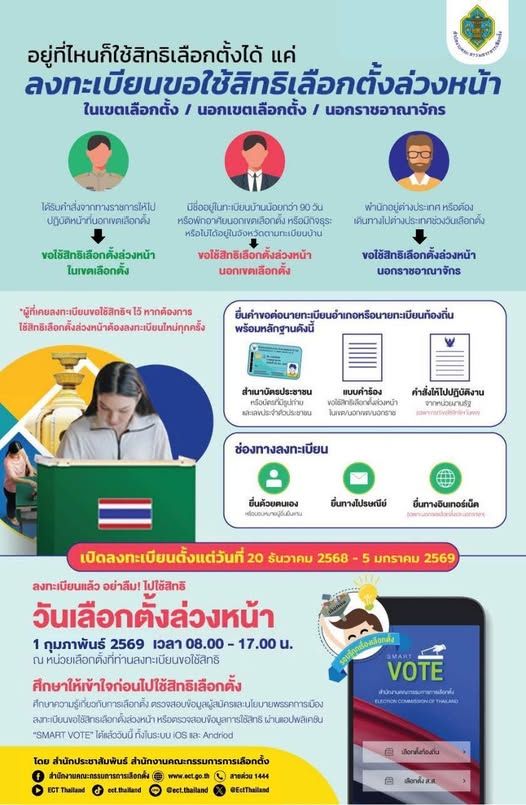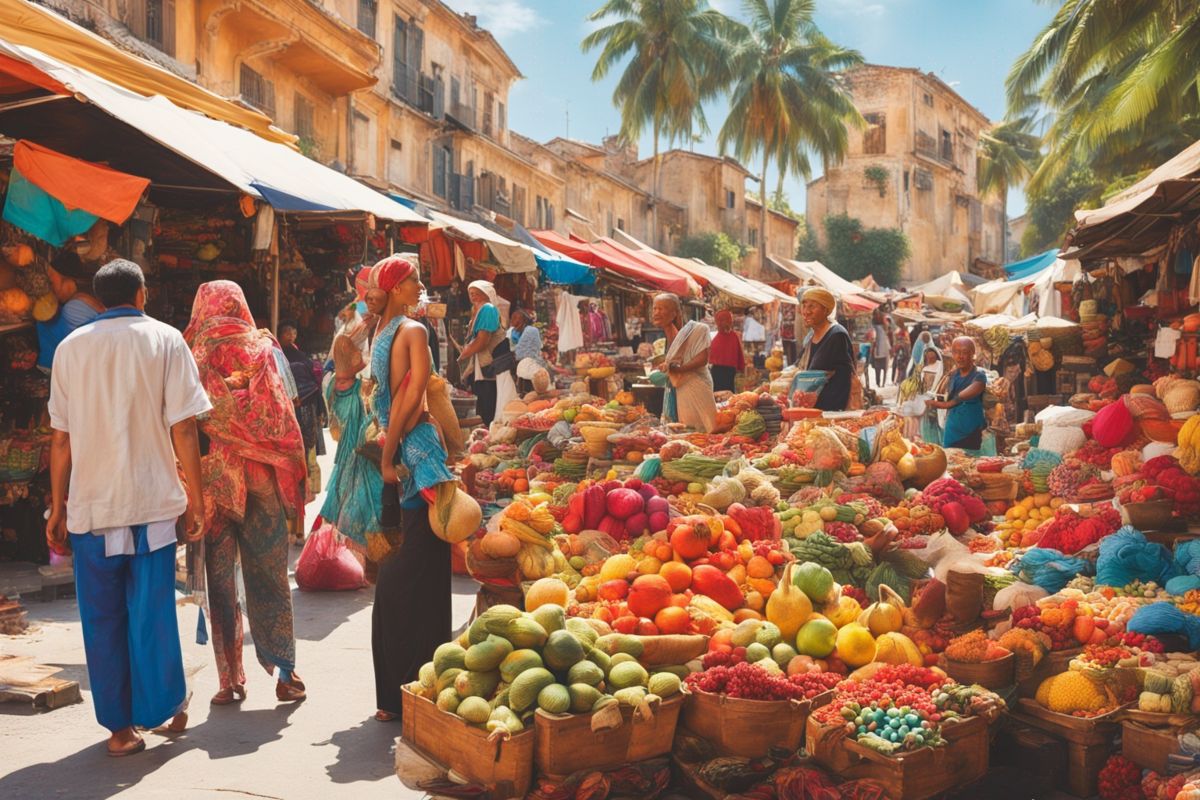🌟 The Count of ‘Influential People’ in the Country 🌟
Only 180 active ‘influential people’ exist in our nation, with a powerful impact on others. Interestingly, 10 provinces remain untouched by their presence. Deputy Interior Minister Chada Thaised unveils the government’s plans to suppress these influential figures and protect our nation! Stay informed and follow the nationwide campaign! 💪🏼✨ #InfluentialPeople #NationwideCampaign #StayInformed #GovernmentPlans #ProtectOurNation #PowerfulImpact
Identifying the Influential Figures
Recently, the House committee on administration shed light on a fascinating statistic. It appears that there are only 180 active people in the country, termed as ‘influential people’. These individuals are known for their far-reaching influence and impact on others. The committee also revealed that 10 provinces in the country are utterly free from these influential figures.
The information was shared by Deputy Interior Minister Chada Thaised and representatives from the Department of Provincial Administration during a meeting at the parliament. Deputy Minister Chada is a key figure responsible for leading the government’s nationwide campaign to suppress these influential figures, who are often considered influential crooks. He hails from Bhumjaithai, the same party as MP Korawee Prissananantakul, the Chair of the House committee.
The Breakdown of Influential Figures
The delegation led by Deputy Minister Chada asserted that while 180 influential people were still active, there were also 625 former influential people who had pledged to cease their coercive activities. Currently, authorities are striving to devise measures to mitigate the actions of these active influential individuals.
In the meantime, the behavior of the 625 individuals who claimed to have reformed is under constant surveillance. The Department of Provincial Administration reported that these influential people were operating in 66 provinces, but there were 10 provinces that remained untarnished by their presence. The latter information was kept under wraps as it was classified as sensitive.
Defining an ‘Influential Person’
The Interior Ministry has provided a definition for these influential figures. They are characterized as individuals who utilize their influence to coerce others, affecting individuals’ bodies, minds, freedom, reputations, or assets. This characterization was reiterated by MP Korawee during the discussion.
During the meeting, the House committee also questioned the status of Deputy Minister Chada’s arrested son-in-law, asking if he was considered an influential person. Representatives of the Department of Public Administration responded by stating that an investigation would be conducted to determine if he had abused his authority to harm other people.
A Recent Arrest
The inquiry was related to Weerachart Rasamee’s arrest – a municipal mayor who was taken into custody in Uthai Thani province. Rasamee’s arrest was linked to the alleged extortion of a tap water contractor, and he happens to be Deputy Minister Chada’s son-in-law.
In summary, the recent revelation of the number of influential people in the country and their distribution across provinces offers intriguing insight into the underlying dynamics of influence and coercion within the nation.
Frequently Asked Questions
1. Who are these ‘influential people’ in the country and how many of them are active?
Influential people, as defined by the Interior Ministry, are individuals who wield their power to coerce others. The effects of their influence can be seen on individuals’ bodies, minds, freedom, reputations, or assets. It has been reported that there are only 180 such people active in the country, exerting a far-reaching impact on others.
2. How is the government planning to tackle these influential figures?
The government, led by Deputy Interior Minister Chada Thaised, is conducting a nationwide campaign to suppress these influential figures. The strategy involves continuous monitoring of influential individuals, especially the 625 who have claimed to have ceased their activities. Measures are being developed to mitigate the actions of active influential individuals.
3. What’s the distribution of these influential people across the country?
The ‘influential people’ are operating across 66 provinces in the country. However, it’s worth noting that there are 10 provinces that remain untouched by their presence, which, for sensitive reasons, have not been disclosed. The monitoring and suppression efforts of the government are actively in place to control their impact.




